If you’re curious about Ponzu – this tangy and zesty sauce that adds a burst of flavor to countless Japanese dishes, you’ve come to the right place. In this article, we’ll explore the origins, ingredients, and versatile uses of Ponzu. Ponzu is a citrus-based sauce that captures the essence of Japanese cuisine. In this article, you’ll learn how to use Ponsu as a dipping sauce for sushi, sashimi, and dumplings, or as a marinade for meats, seafood, and vegetables.
What is Ponzu?
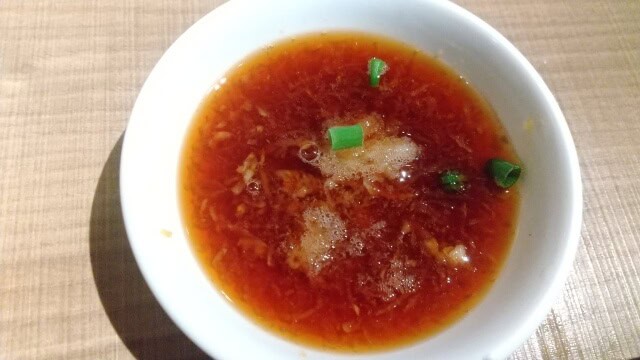
Ponzu is a popular Japanese citrus-based sauce commonly used as a condiment or marinade. Ponzu is originally the juice of citrus fruits such as lemon, lime, kabosu, citrus, and yuzu. Soy sauce added to this is called ponzu soy sauce, but nowadays ponzu is generally used to refer to ponzu soy sauce. You can also add dashi such as sugar, mirin, bonito flakes, and kelp. This sauce can be used in a wide range of dishes as a seasoning for Japanese cuisine. This is famous for its bright, refreshing taste and used as a dipping sauce for various dishes like sushi, sashimi (raw fish slices), dumplings, and tempura. Locals used it as a marinade for meats, seafood, or vegetables, adding a zesty and tangy flavor to the dish.
Ponzu History
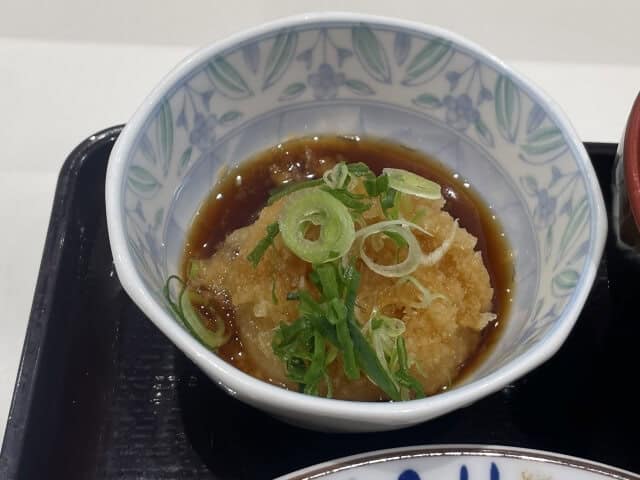
Did you know that Nagasaki Prefecture is the birthplace of ponzu sauce, which is popular in various dishes other than fugu? Ponzu was born in Dejima, Nagasaki in the Edo period. The word “ponzu” itself means “vinegar punch” in Japanese, which reflects the tangy and citrusy flavor profile of the sauce. It spread mainly in Kyushu as a seasoning that added a Japanese twist to ponzu as a fruit juice. However, due to the ease of oxidation, until the 1950s, seasoned ponzu with ponsu or soy sauce added was considered difficult to handle at home.
Meanwhile, the 7th president of a major food manufacturer ate Hakata’s famous dish “Hakata Mizutaki” with ponzu sauce, and the situation began to move. After repeated trial and error to make it possible to easily enjoy the taste of nabe at home, in 1964, he succeeded in selling flavored ponsu sauce for home use in the Kansai region. In the autumn of 1967, locals sold this nationwide and quickly established itself as a seasoning for home use.
Ponzu Health Benefits
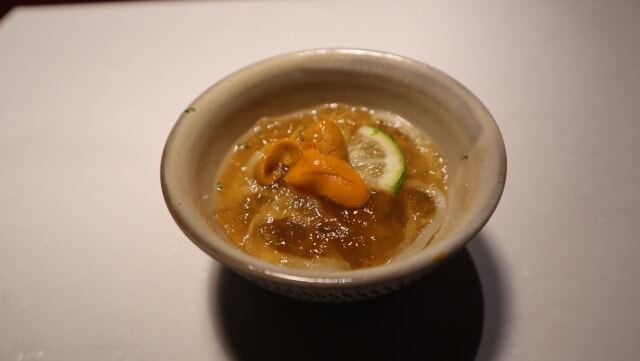
Ponzu soy sauce, a variation of traditional sauce incorporating soy sauce, offers a range of potential health benefits. It is nutrient-rich, containing essential amino acids, minerals, and vitamins that contribute to overall well-being. The inclusion of citrus fruits like yuzu, lemon, and lime provides antioxidant properties, protecting against free radicals and potentially lowering the risk of chronic diseases. Moreover, Ponsu soy sauce often features a reduced sodium content compared to traditional soy sauce, making it suitable for those on sodium-restricted diets. Additionally, the vinegar in Ponsu sauce can aid digestion by stimulating enzymes and promoting a healthy gut environment. Lastly, this sauce serves as a flavor enhancer for healthy meals, allowing for a heightened taste experience without excessive sodium or unhealthy ingredients, benefiting individuals looking to reduce sodium intake or enhance the flavor of healthier food choices.
Foods that goes well with Ponzu
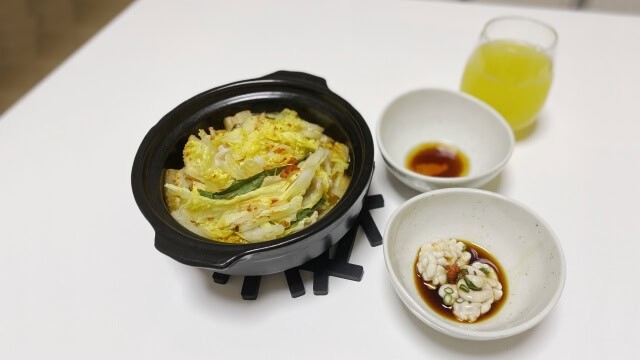
Ponzu is a versatile sauce that pairs well with various Japanese foods and cuisines. Here are some popular Japanese dishes that locals often enjoyed with this sauce:
Sushi and Sashimi
Locals commonly used ponzu as a dipping sauce for sushi and sashimi. Its tangy and citrusy flavor adds a refreshing element to the delicate flavors of raw fish.
Tempura
Ponzu is an excellent accompaniment to tempura, a dish consisting of battered and deep-fried seafood or vegetables. The tanginess of this sauce cuts through the richness of the tempura, providing a delightful contrast.
Gyoza
Ponzu is a popular dipping sauce for Japanese dumplings known as gyoza. Its citrusy notes complement the savory filling and add a zesty kick to each bite.
Yakitori
Yakitori refers to grilled skewered chicken, often seasoned with a variety of sauces. Use this sauce as a dipping sauce for yakitori, providing a tangy and savory element to the smoky grilled chicken.
Ponzu FAQ
- How is Ponzu different from Teriyaki sauce?
-
Ponzu sauce and teriyaki sauce are popular Japanese condiments with distinct differences. The sauce has a tangy and citrusy flavor due to the inclusion of citrus juice, while teriyaki sauce provides a sweet and savory glaze. Ponsu contains soy sauce, citrus juice, vinegar, and mirin, while teriyaki sauce includes soy sauce, mirin, and sugar or honey.
- What is the flavor profile of Ponzu?
-
Ponzu sauce offers a distinct flavor profile characterized by tanginess and citrusy notes from yuzu, lemon, or lime juice, which add a refreshing and zesty taste. It also incorporates umami-rich soy sauce for a savory enhancement. The sauce achieves a balanced saltiness, milder than pure soy sauce, and a subtle sweetness from mirin, creating a well-rounded flavor.
Ponzu Recipe
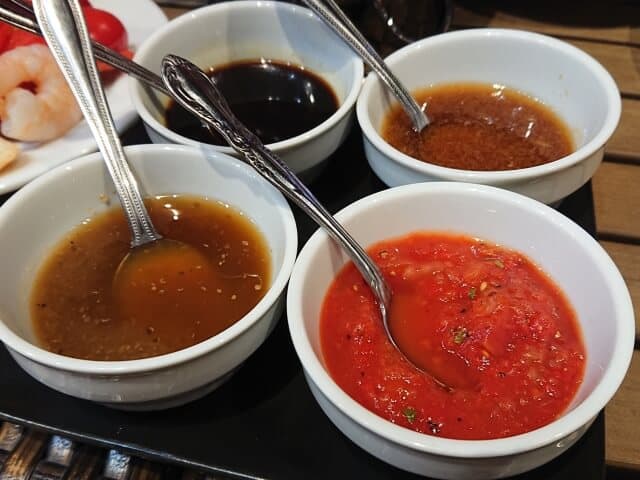
Ponzu Ingredients
| Ingredients of Ponzu for 2-3 persons | Measurements |
|---|---|
| Dashi stock | 4g |
| Soy sauce | 35g |
| Vinegar | 28g |
| Mirin | 14g |
How to make Ponzu
Put the ingredients in a heat-resistant container and mix gently.
Heat in a microwave oven at 600 W for about 10 seconds until the dashi stock melts.
Where to buy Ponzu?
It goes without saying that Kansai people love ponzu sauce. According to one theory, standard supermarkets in the Kanto region carry about 10 to 15 types of ponsu, but in the Kansai region, there are 20 to 25 types.
Kyoto Nishijin Kotaro Vinegar (京・西陣孝太郎の酢)
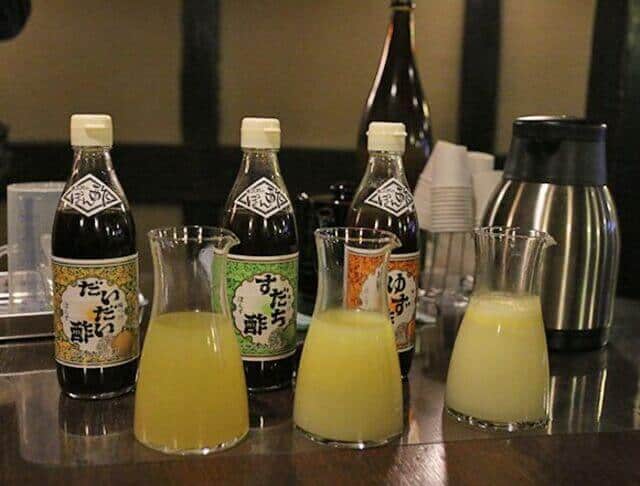
Using the same manufacturing method as when the company was founded in 1830, the famous water of Kyoto and domestically produced rice are carefully aged to produce edible vinegar with a deep and mellow flavor. They mixed the base of ponzu sauce from a carefully aged vinegar, dried bonito flakes, kombu seaweed, and shiitake mushroom soup stock mixed with kaeshi (soy sauce, mirin, sake, sugar, etc.).
Daitoku Co., Ltd. (株式会社 大徳)
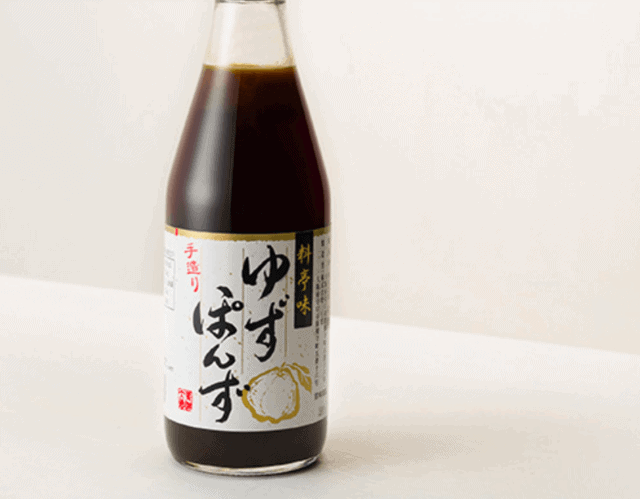
Daitoku Co., Ltd. is a long-established specialty manufacturer of ponzu and tade vinegar that continues to focus on quality and handmade. They manufacture handmade products such as ponzu and tade vinegar, as well as a seasoning manufacturer that is particular about safety and security.
Tobaya Suten (とば屋酢店)
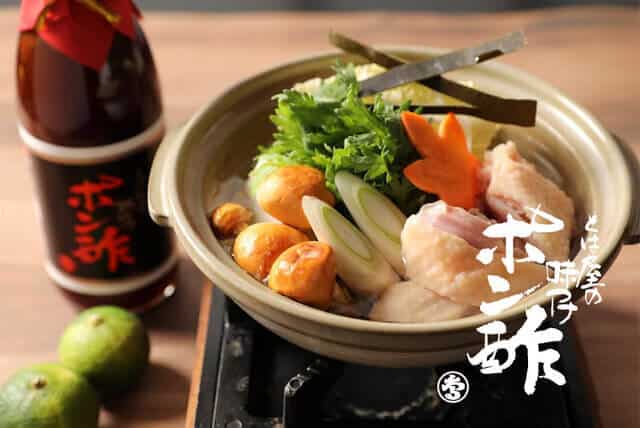
Tobaya Suten’s seasoned ponzu is a popular product that combines fragrant natural yuzu and sudachi juices, kelp, and bonito stock, and mellow rice vinegar with a soy sauce base. Because it does not use sugar or mirin, it is moderately sweet and has a refreshing taste. They made this by adding rice vinegar from Tobaya Suten to fragrant yuzu and sudachi.
For Online Shopping
For those who want to order or buy Ponzu in Japan, you can mail it to your home via online on Rakuten. Just click here to see some shops that sell Ponzu. And for those who want to order or buy but live away from Japan. You can ship them from Rakuten. Rakuten offers International Shipping Service so do not worry about how to receive your items. Rakuten Global Express is an online shopping service that allows users to shop at stores in Japan.
Sign up
First, you need a Rakuten ID. If you are already a Rakuten member, you can start using Rakuten Global Express. If you have not registered yet, click here.
Get your personal RGX address
After signing up, you will get a Japanese address: a Rakuten Global Express address.
Shop at stores in Japan
Now that you get yourself a personal RGX address (Rakuten Global Express address). You can shop online in Japan, click here to shop for Ponzu (not only Rakuten but other online stores are also included).
When you have decided on your items, set the delivery address to your Rakuten Global Express address.
Confirm items
After items are shipped to the RGX address, they will be packed into one package. You also receive an email upon confirming these items and payment.
Once the payment is confirmed, your package will be delivered within a designated time period depending on your shipping choice.
Takeaway
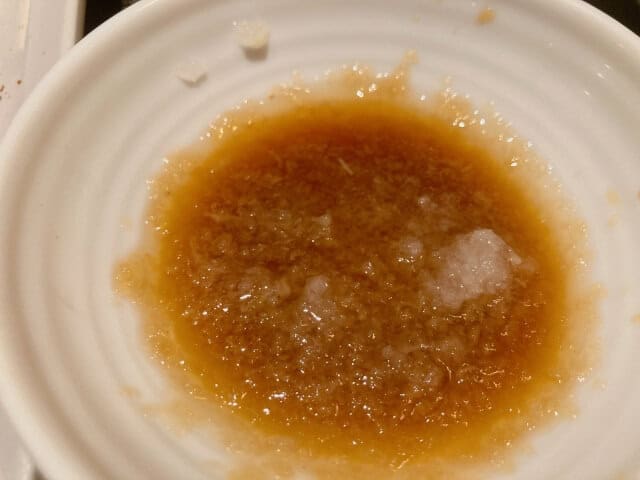
In conclusion, we hope that this exploration of Ponzu has provided you with valuable knowledge about this remarkable sauce in the realm of Japanese cuisine. With its tangy and citrusy flavors, umami richness, and versatile applications, Ponzu has the potential to elevate your culinary experiences. Whether you choose to use it as a dipping sauce, marinade, or flavor enhancer, we encourage you to incorporate this sauce into your cooking repertoire and savor the unique taste it brings to your favorite dishes.
You can check some Japanese condiments that we know you would like to try too.
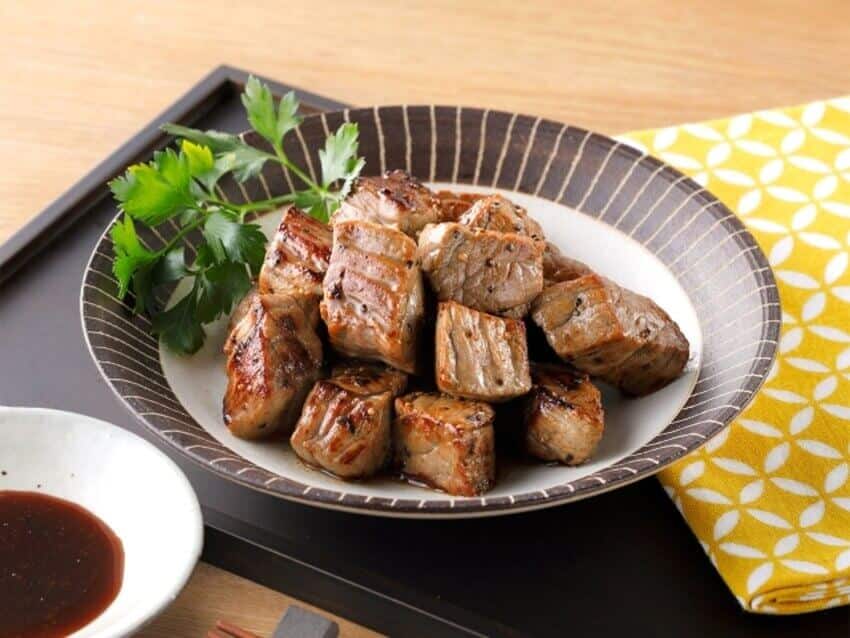
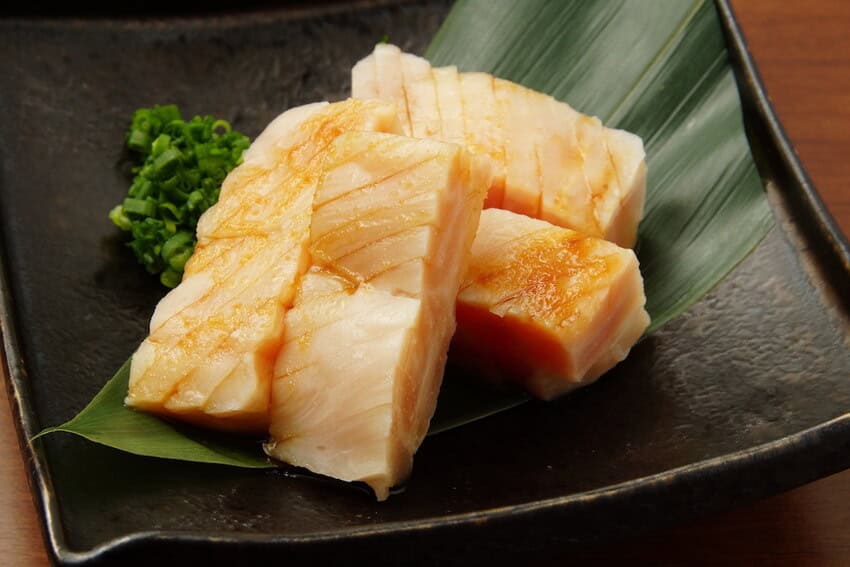
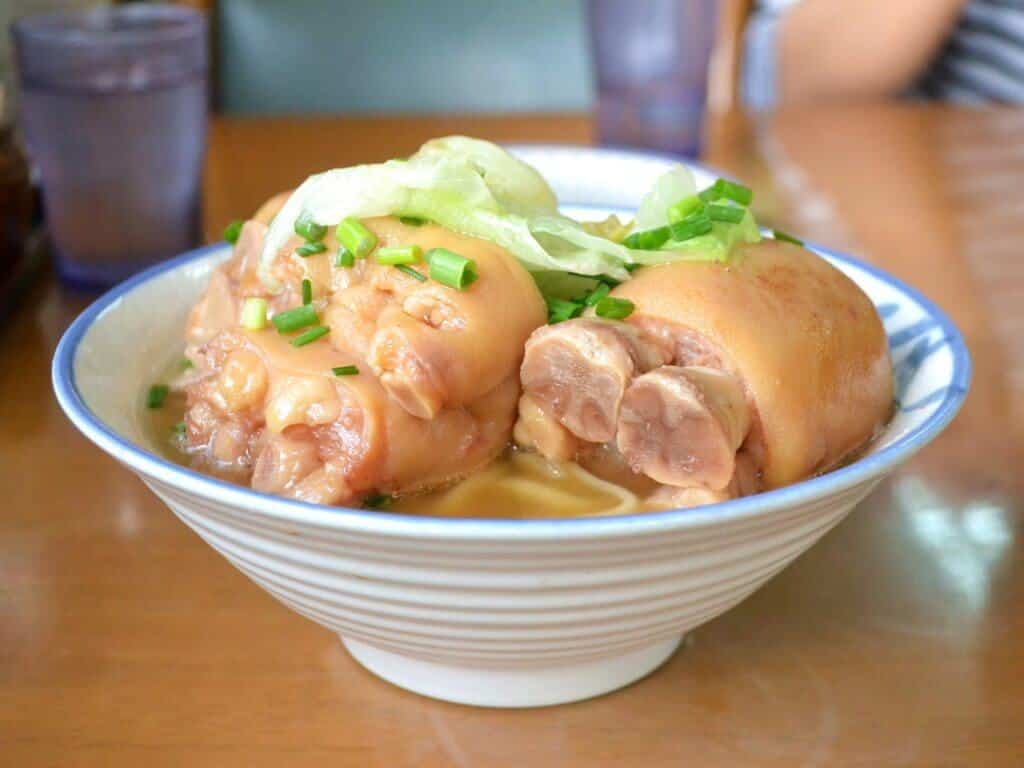

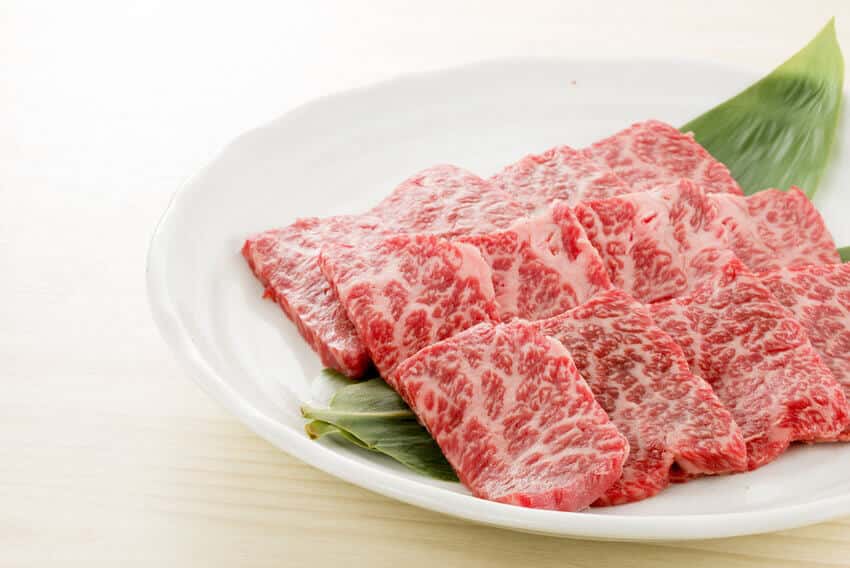

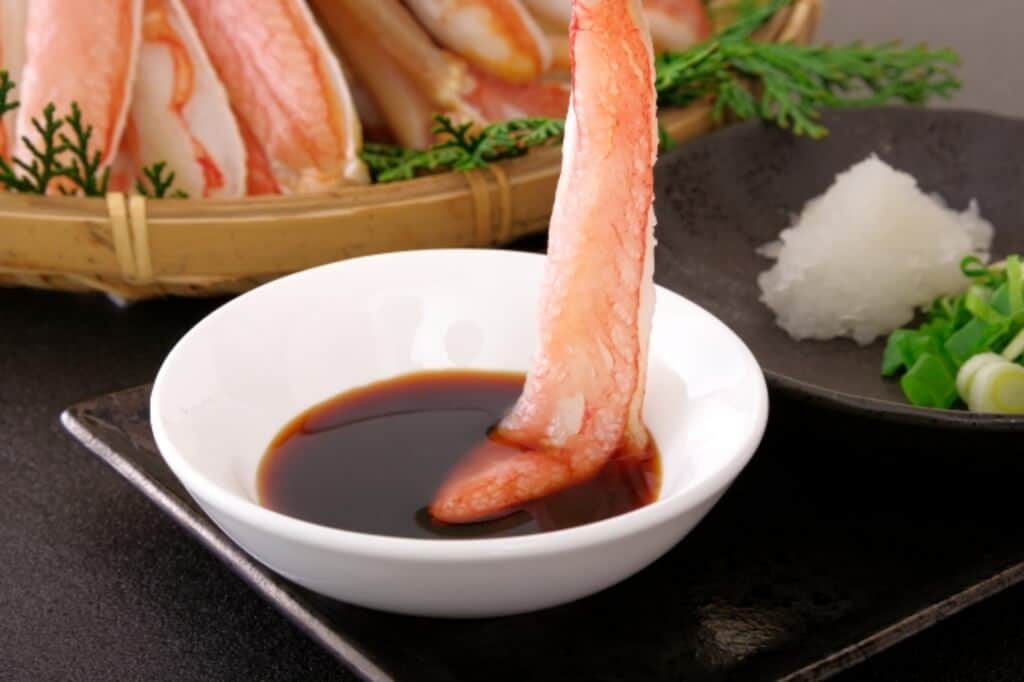
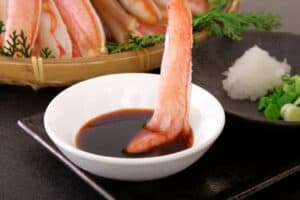
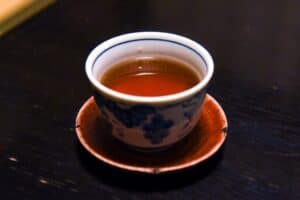

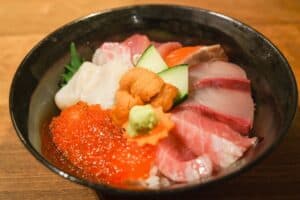
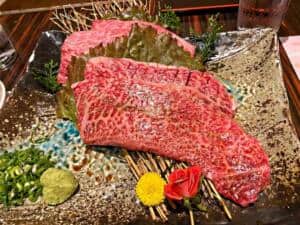
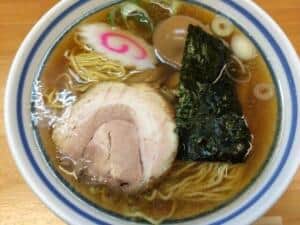

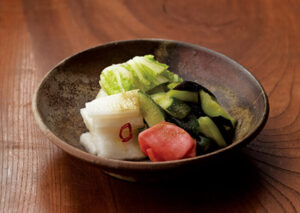

Comments